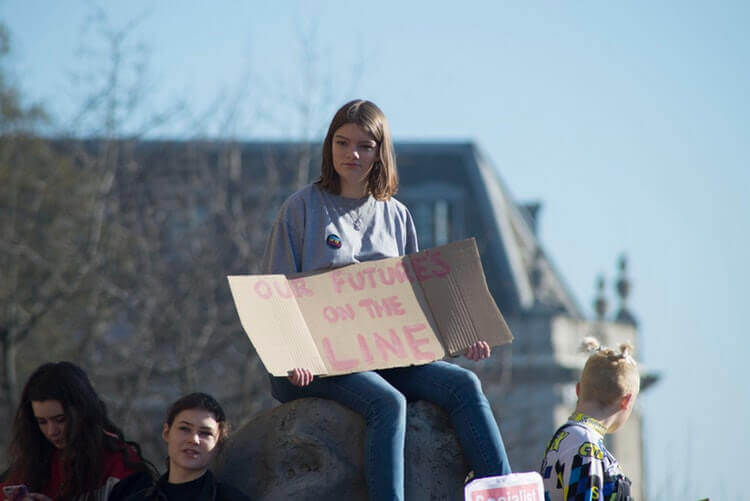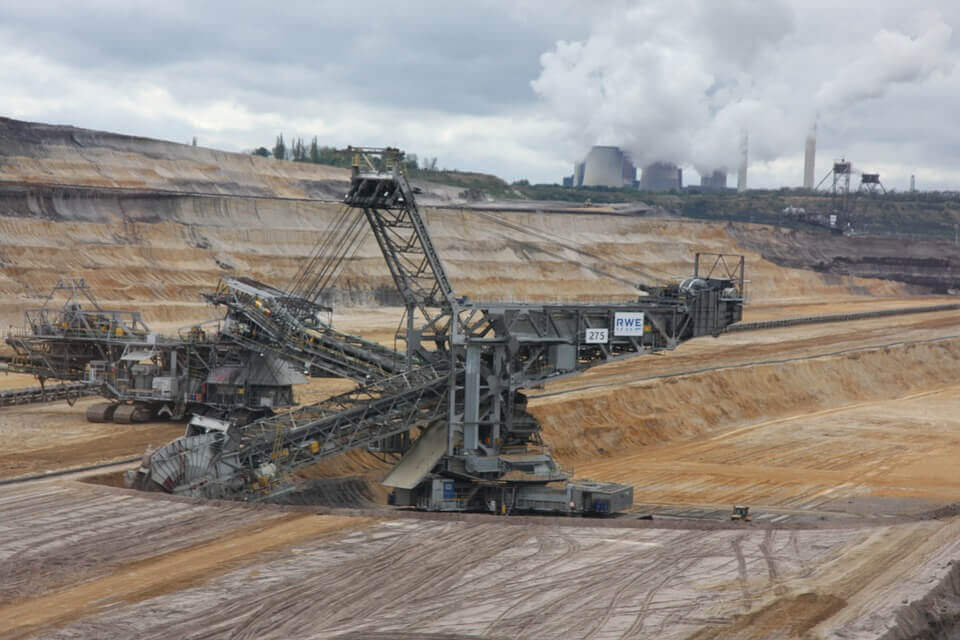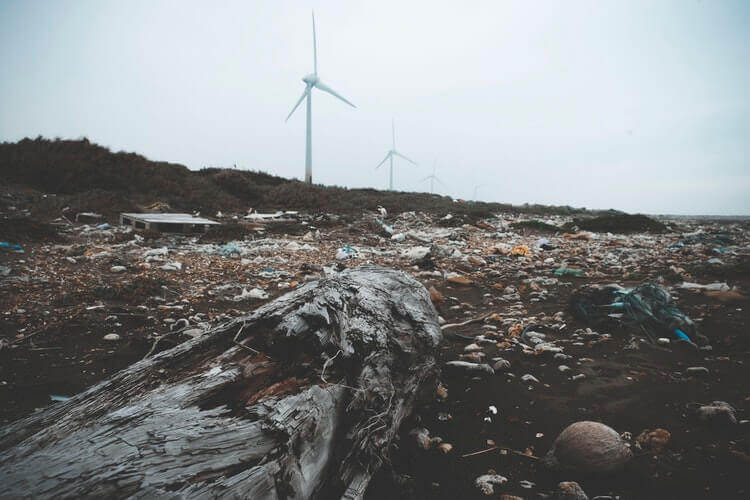Ecology, longevity, transhumanism and the fight against aging
Op-ed piece by Louis Kokkinis
The climate issue is becoming more and more worrying year after year. The unrestrained increase in greenhouse gas emissions leads to phenomena that can amplify themselves (positive feedback loops) and it is more than dangerous to fuel this phenomenon as mentioned by the CNRS. It is also possible that we can reduce the impact of human-induced disruptions, but the probability is decreasing faster and faster. According to the IFE (ENS), experts speak of an increase of 1.5°C between 2030 and 2052, and yet emissions are still increasing.
Climate change is a major problem to be overcome for a healthy life. Would you like to die from the effects of climate change after finding a cure for aging?

Louis writes popularization and scientific watch articles for Long Long Life. He studies biology remotely at the University of Aix Marseille. He also leads several biotechnology and engineering projects.
Ecology and the fight against aging: it’s too late to stop, climate is changing and we are getting older
The various effects of our predation on the planet are based on maximizing energy use. They range from deforestation to feed the animals we will eat, to the extraction of rare metals to make smartphones, all thanks to the energy of hydrocarbons, which are emitting ever more greenhouse gases.
We must realize that if we want to live for a very long time, we must put in place strategies to ensure the survivability of our future environment. For the first time, relegating problems to future generations would not be possible.

Systemic complexity: a common theme between aging and ecology

Despite tackling the effects of climate change, reports such as the IPCC reports, the Intergovernmental Panel on Climate Change, remain distant for decision-makers, and the problems are systemic. Everyone prefers to gather for COPs conferences and consider this gesture as sufficient action for the planet. Yet these current decision-makers are most likely to be the next to be affected, by heat waves for example, which could overwhelm the weakest: the elderly and the youngest. These extreme temperatures and the use of heaters and air conditioners also lead to an increase in energy consumption.
An example of a small action to change the behaviours that create this problem is the Japanese government’s “Super Cool Biz” initiative a few years ago, pushing workers in suits to dress cooler in the summer to reduce electricity consumption by 15% for air conditioning.
Moreover, if we remove ecosystem services such as pollination and soil aeration, it will require even more energy if we want to maintain an “equivalent” standard of living, which is considered impossible by many, such as Phillipe Bihouix, Jean-Marc Jancovici, engineers specialized in energy and climate issues.
Longevity and climate: the same fight for survival
Transhumanism must surely be more and more concerned with the issue of climate, if only for survival. The task seems impossible, but we don’t have many options: to persist in our current lifestyle and lose everything despite developing anti-aging treatments, or to develop ecosystem survival strategies in addition to developing anti-aging therapies.
However, the development of therapies is entirely dependent on the current resource consumption system. Laboratories depend on exchanges, deliveries, task divisions, profitability, electricity, etc…
As many people as possible must be sensitized and given the time to reflect on these questions, on the problems we face. We no longer have time for naivety, good intentions and lack of control over the subject.

As with the fight against aging, we need to build a critical mass of people who understand the issues of climate change in order to be able to influence radical decisions. The fight certainly deserves to be fought.
References:
GIEC – Site officiel : IPCC International Panel on Climate Change




![[Video] Eurosymposium on Healthy Ageing, Brussels, 2018 Eurosymposium on Healthy Aging](http://www.longlonglife.org/wp-content/uploads/2019/07/P1310252-218x150.jpg)








![[Video] – The 9 Causes of Aging, Episode 7, Senescence – with Dr. Guilhem Velvé Casquillas sénescence long long life longévité transhumanisme vieillissement cellules sénescentes](http://www.longlonglife.org/wp-content/uploads/2019/05/sénescence-long-long-life-longévité-transhumanisme-vieillissement-cellules-sénescentes-1-324x160.png)
